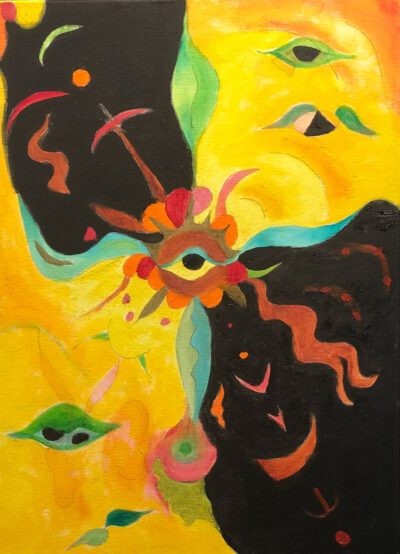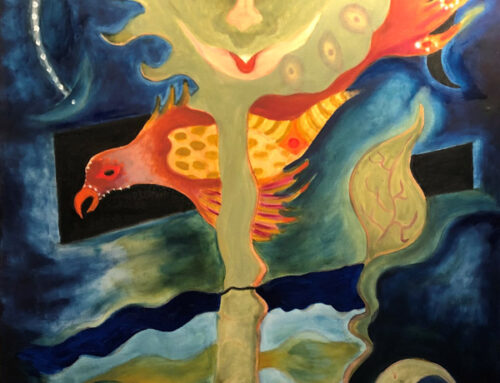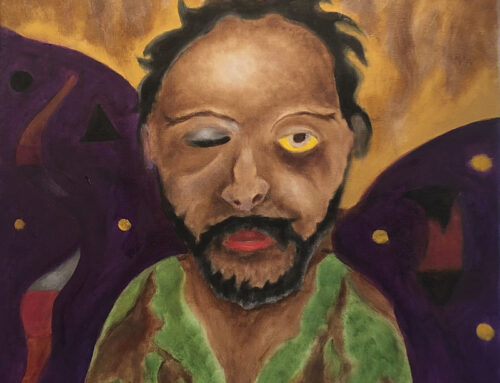What the world needs today is a super-dose of empathy. Given the fact that there are from twenty-three to thirty wars raging all over the planet and that almost everywhere conflict and polarization reign on so many fundamental issues, learning how to tune into what’s going on inside the other may be our only hope. We need to step outside ourselves and enter into the perspective of others—even other animals and forms of nature. Certainly, of our friends and enemies. But how do we do it? We could use imagination and our own experience to project ourselves into the situations of other people, the felt perspective of the other.
This ability to enter into the soul of the other seems contrary to our basic self-centered instincts. The gravity of our consciousness is centered around the black hole of our egos. But never to step out of our egos is a formula for madness and a hellish existence. No matter how ego-bound we are, there are ways to step beyond into the fresh air of a larger world.
There are two common inroads to that larger world—play and art. Children and their play instincts reveal a natural tendency to “make believe” and enter new and other worlds. I love observing children trailing after their parents as they walk down the street. The children are running and leaping this way and that, reacting and trying to engage with every novel scene, a dog walking by, the pattern of bricks on the ground, a squirrel or bird that shoots by, not to mention people (like myself) who look and smile at them. All this in contrast to their parents or guardians marching in the straight line of sober reality. Kids at play are marvels of empathy and imagination, without knowing what the words mean.
But they grow up. They are shaped and constrained by the reality-principle. But all adults retain a streak of playfulness and empathic curiosity, which can come to life through the arts, either as passive consumers or active creators. In both cases, the raw power and material you have to work on, is imagination, the images that occupy your consciousness, and the way those images glamorize and fascinate us. The italics signal that I’m using those words in the old magical sense of witchcraft and shamanism, suggesting a type of possession. These are the images that shape our destiny. They can make us demonic or ecstatic, drive us into our paranoid ego or the ecstatic lover.
So the arts are the one place where you are free to revolt against the tyranny of the reality-principle. The different arts open spaces where you can actively explore the impossible, the fantastic, the surreal, the ideal, the quintessentially evil, the prodigiously ugly, and the divinely beautiful.
And then there is this. You might venture into the point of view of your worst enemy, the most loathsome enemy of all mankind—in your view. For that you will need a great deal of inner spaciousness and oceans of receptivity. My point is that the arts share in common the freedom to expand our experience of reality, our ideas of what possible, our hope of doing what’s never been done before. It doesn’t have to be world-shaking; all it needs is to be person-touching.
To come back to my point about the need to evolve our empathic potential, if we hope to minimize the world-shattering events already underway and absolutely certain to worsen. The arts in a wide sense offer a way to imagine and just possibly alter our minds and therefore reality.





Leave A Comment